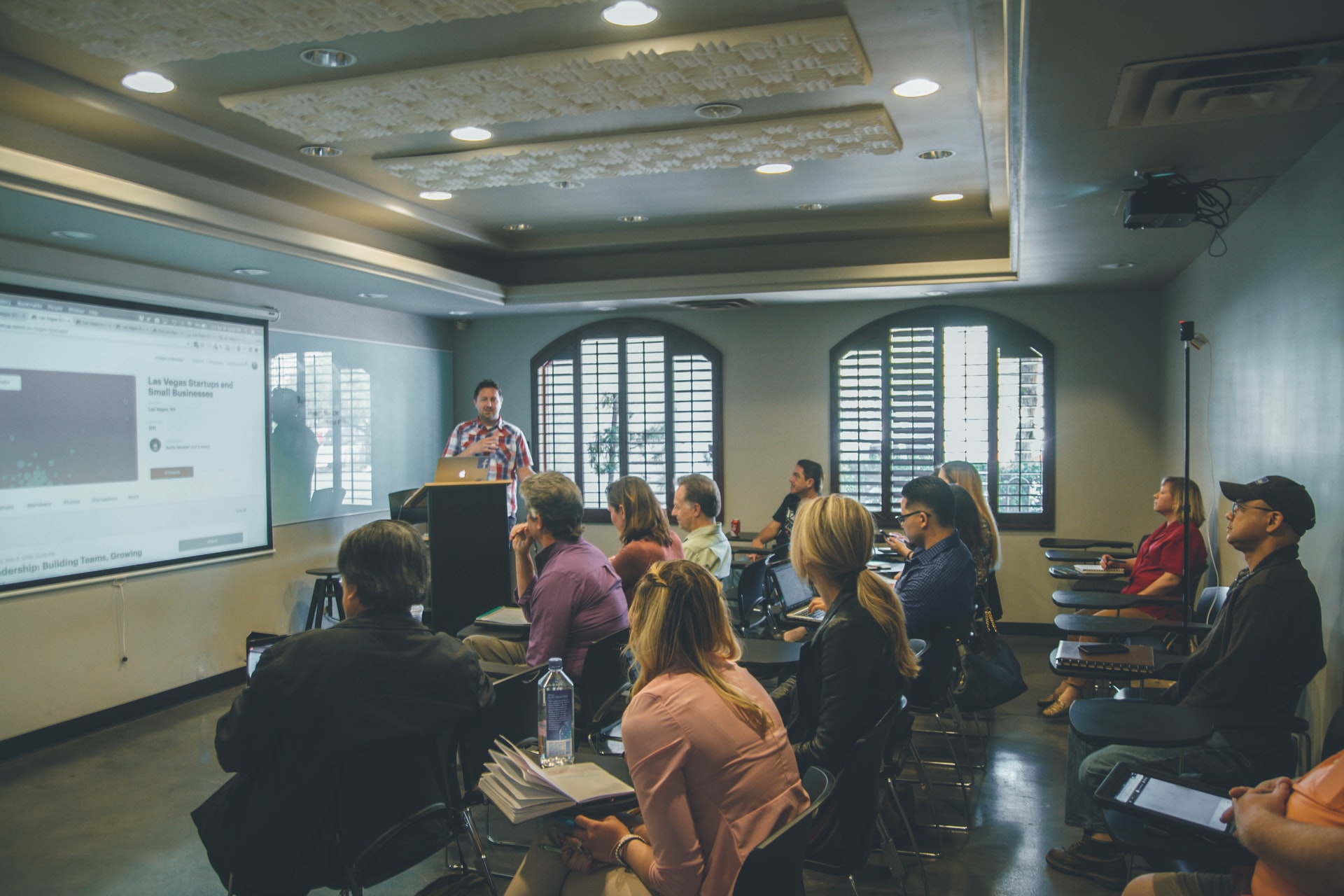Are you looking for strategies to help students who have trouble realizing their academic potential? If so, keep reading.
1. Create classroom rules: • Remain on-task. • Complete assignments quietly. • Remain in your seat. • Finish tasks. • Meet task expectations. Examine rules often. Praise students for following the rules.
2. Show ideas following the (1) Who, (2) What, (3) Where, (4) On occasions where, (5) How, and (6) Why outline.
3. Get the student to teach a concept they have learned to another student as reinforcement.
4. Give the student an assortment of tasks. Require them to choose a minimum number from the total amount to finish (e.g., present the student with 10 academic tasks from which they must finish 6 that day).
5. Assess student performance in an assortment of ways (e.g., have the student give oral explanations, simulations, physical demonstrations, etc.).
6. Get the student to create a flowchart of the steps appropriate to finish a task.
7. Get the student to keep a chart representing the number of tasks they have finished and the accuracy rate of each task.
8. Record tasks and let the student replay questions as often as appropriate.
9. Get the student to practice a task with the teacher, aide, or a peer before finishing the task independently for a grade.
10. Record the tasks and let the student listen to instructions as often as appropriate.
11. Provide a consistent format and expectation for tasks.
12. Get the student to listen and take notes following the “Who, What, Where, On occasions where, How, and Why” format when ideas are presented.
13. Reinforce all measures of improvement.
14. Get the student to question any directions, explanations, or instructions not grasped before starting a task to reinforce comprehension.
15. Assess the appropriateness of assigning homework to the student.
16. Do not grade every task finished by the student. Assignments may be used to assess student capacity and ability or knowledge and give feedback. Grades may not need to be designated until mastery/minimal accuracy has been attained.
17. Give frequent interactions and encouragement to build the student’s confidence and optimism for success (e.g., make statements such as “You’re doing great,” “Keep up the excellent work,” “I’m really proud of you,” etc.).
18. Make sure that homework tasks do not present new ideas but relate to ideas already taught.
19. Provide the student with alternative tasks. As the student shows success, slowly introduce more components of the regular tasks.
20. Have reference learning materials readily available in the classroom (e.g., dictionary, thesaurus, list of regularly misspelled words, etc.).
21. Consider using one of the apps and tools from our many app lists. These apps are designed to help students who are experiencing academic difficulties.
28 of the Best Apps for Kids in Kindergarten28 of the Best Apps for Kids in the First Grade
39 of the Best Apps for Kids in the Second Grade
53 of the Best Apps for Kids in the Third Grade37 of the Best Apps for Kids in the Fourth Grade
25 of the Best Apps for Kids in the Fifth Grade
28 of the Best Apps for Kids in the Sixth Grade
35 of the Best Apps for Kids in the Seventh Grade
28 of the Best Apps for Kids in the Eight Grade
27 of the Best Apps for Kids in the Ninth Grade33 of the Best Apps for Kids in the Tenth Grade20 of the Best Apps for Kids in the Eleventh Grade14 of the Best Apps for Kids in the Twelfth Grade





